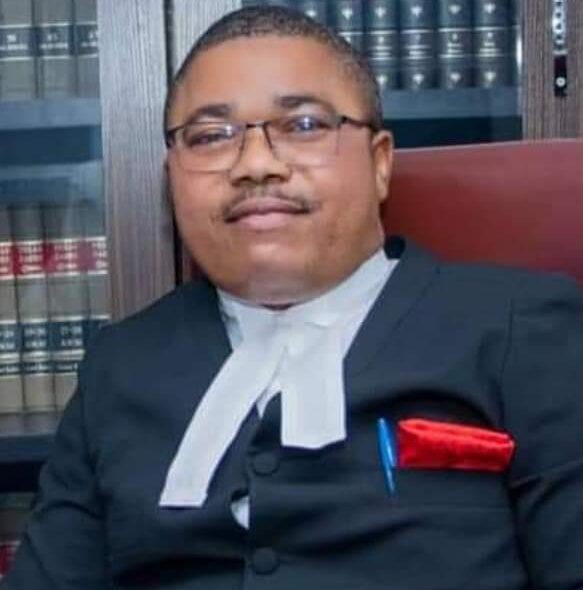By Chuks Eke
A political analyst, Sir Ifeanyi Ejiofor Eaq. KSC has bemoaned what he identified as the ironies of fake certificate presentation and false declaration of age that is now precalent in the present day phenomenon.
He said the ironies cut deeper when one recalls the elaborate screening rituals that precede ministerial confirmation by the Senate sessions so exhaustive they can detect a missing comma in a curriculum vitae. Yet these same “distinguished” eyes somehow gloss over forged documents.
In a press statement issued on Monday titled: ‘when the forged hand signs official documents – the curious case of certificate forgery in public office’, Ejiofor declared: “What, one may ask, has happened to the famed vigilance of our investigative and security agencies? Were they deceived, defeated, or simply “settled”?
According to Ejiofor, “and then there are the judicial officers; custodians of the law, interpreters of conscience, who, in some cases, have been discovered to have smuggled themselves into service through forged birth records or falsified academic claims”.
“Over the weekend, I found myself immersed in the sordid chronicles of certificate forgery, a plague that has, quite regrettably, attained near cultural legitimacy within Nigeria’s public service”.
now appears that falsifying credentials has become less a scandal and more a résumé enhancement technique. From the corridors of the Executive to the hallowed chambers of the Legislature, and even the once revered sanctuaries of the Judiciary, the contagion of deceit has seeped through the walls of our institutions with alarming ease.
Not long ago, the National Judicial Council (NJC), under the dignified watch of His Lordship, the Honourable Chief Justice of Nigeria, unsheathed its disciplinary sword against judicial officers caught in the shameful web of age falsification and document manipulation. Some were summarily dismissed; others quietly eased into premature retirement, a genteel euphemism for “exit before disgrace.”
Barely had the echoes of those disciplinary actions faded when, just days ago, a sitting member of the Federal Executive Council tendered his resignation, not out of conscience or policy differences, but for certificate forgery.
Once again, Nigerians were treated to the theatre of the absurd: the same nation that hounds petty fraudsters for altering birth certificates now nurtures high-ranking impostors wielding ministerial seals.
“What moral standing remains for such arbiters to sit in judgment over others? Is it not a grotesque irony that those who swore solemn oaths to defend the Constitution may have done so with forged pens?”
On what becomes of their official acts in the legal quandary, he further declared: “here lies the crux of our musing, the jurisprudential conundrum: What is the legal status of the official acts, decisions, and instruments authorized by these impostors while in office?”
“The law, in its pragmatic wisdom, has long grappled with this dilemma through the doctrine of the “de facto officer principle”. This doctrine, rooted in both English and Nigerian jurisprudence, shields the public from the chaos that would ensue if every official act were invalidated merely because the officer was later discovered to have been illegally appointed or disqualified ab initio”.
“However, he further stated, this legal safety net does not absolve the offender. The acts may stand, but the forger must fall. A forged certificate is not a ‘clerical error’; it is a fraudulent foundation that renders its bearer morally and legally bankrupt. The law protects the public interest, not the fraudulent actor. The officer’s personal liability; criminal, civil, and disciplinary, remains intact”.
“His continued occupation of office is void ab initio, even if his public acts survive to prevent institutional paralysis.Thus, in the theatre of our governance, while the forged hand may sign valid documents, the man behind it remains a legal ghost, a usurper dressed in the robes of authority”.
“The prevalence of certificate forgery in our public service is not merely a moral failing; it is an institutional cancer. It delegitimizes authority, corrupts justice, and erodes public confidence in governance”.
“A nation cannot continue to thrive on fraudulent foundations. Perhaps someday, the law will grow weary of merely saving the acts of forgers and begin to demand an exorcism of the spirit of deceit that has taken residence in our public institutions”.
“Until then, we shall continue to live under the paradox of a nation governed by de facto officers; legally valid but morally void”.







